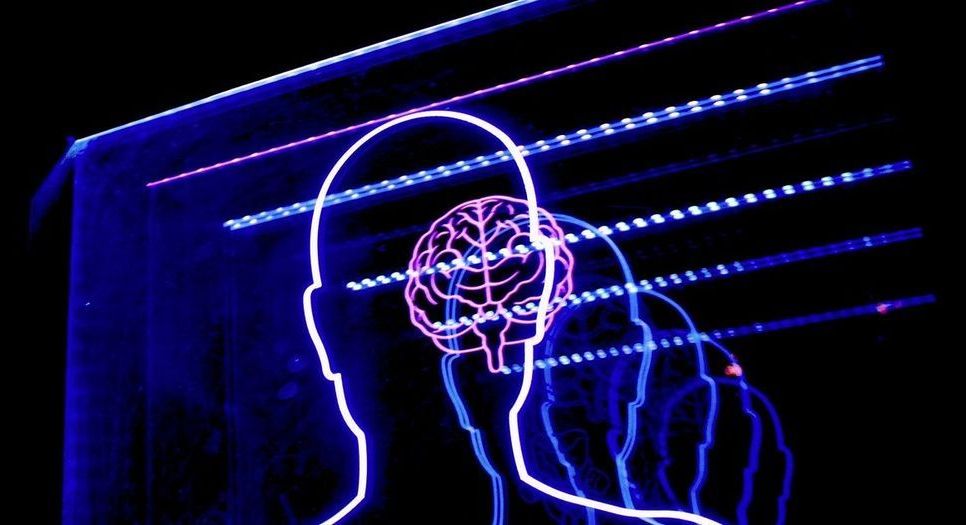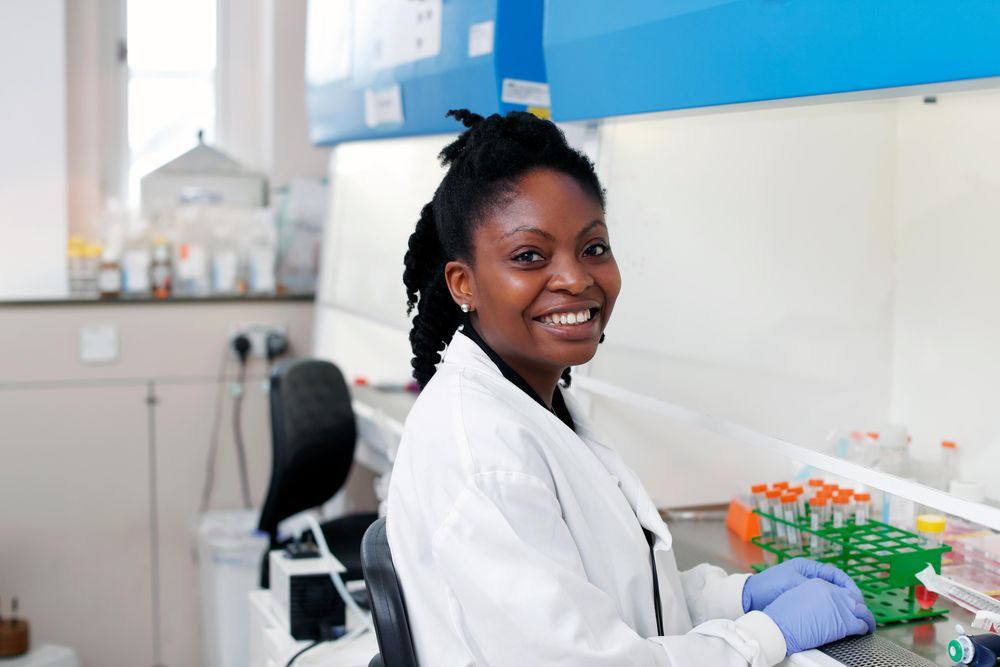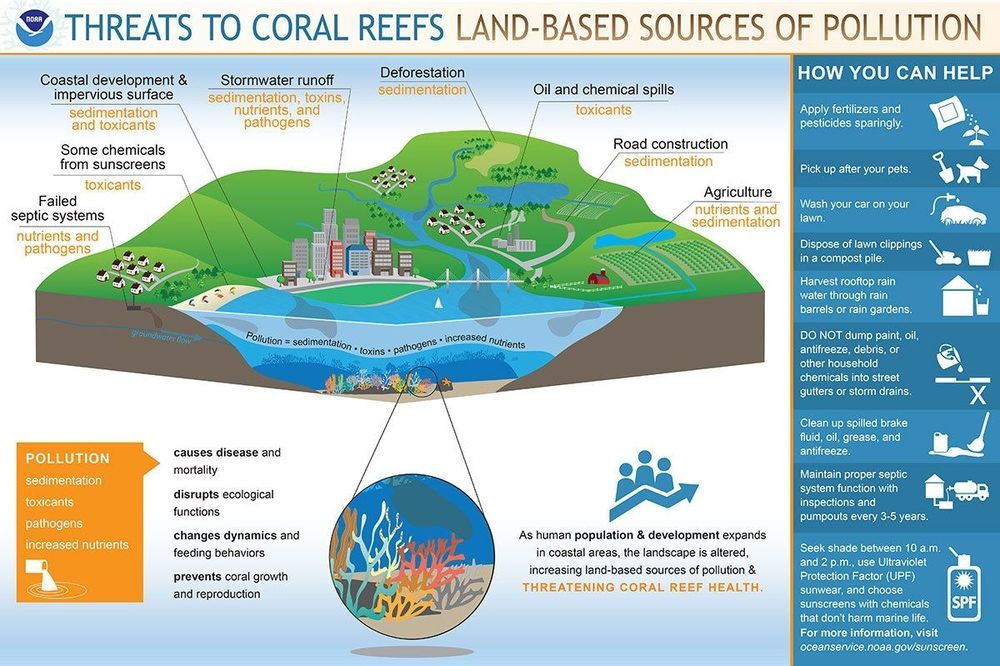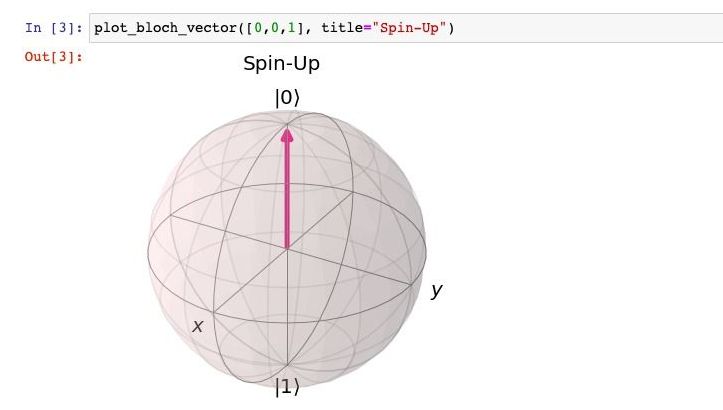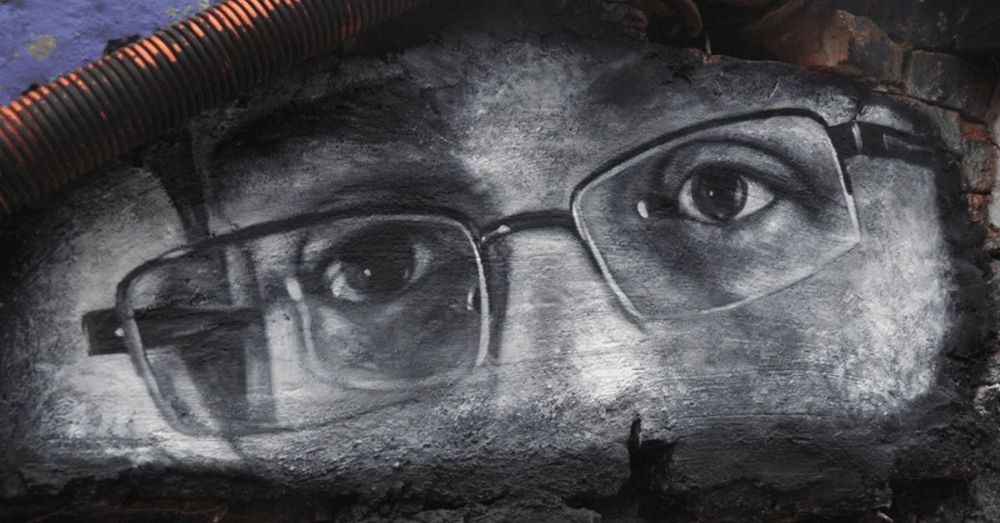KELVIN OGBA DAFIAGHOR is inviting you to a scheduled Zoom meeting.
Topic: COVID 19, China cover up, conspiracy theories, was the C.I.A complicent? should China be punished? Lessons learnt. OIN NOW Time: Apr 16, 2020 06:00 PM West Central Africa.
Join Zoom Meeting https://us04web.zoom.us/j/79182052546
Meeting ID: 791 8205 2546
Zoom is the leader in modern enterprise video communications, with an easy, reliable cloud platform for video and audio conferencing, chat, and webinars across mobile, desktop, and room systems. Zoom Rooms is the original software-based conference room solution used around the world in board, conference, huddle, and training rooms, as well as executive offices and classrooms. Founded in 2011, Zoom helps businesses and organizations bring their teams together in a frictionless environment to get more done. Zoom is a publicly traded company headquartered in Sanose, CA.
